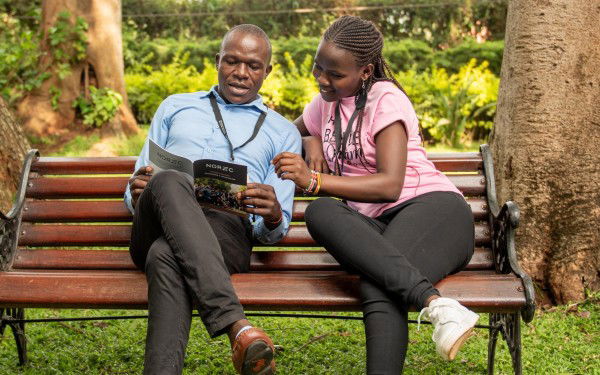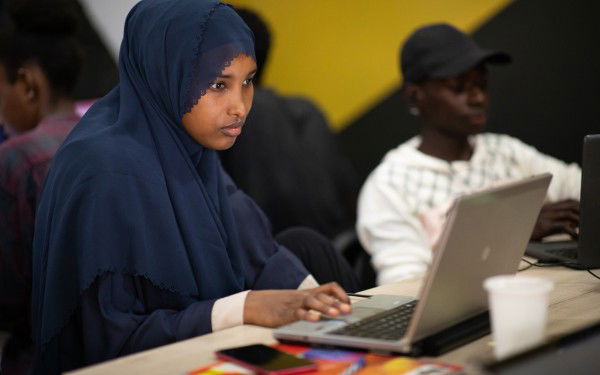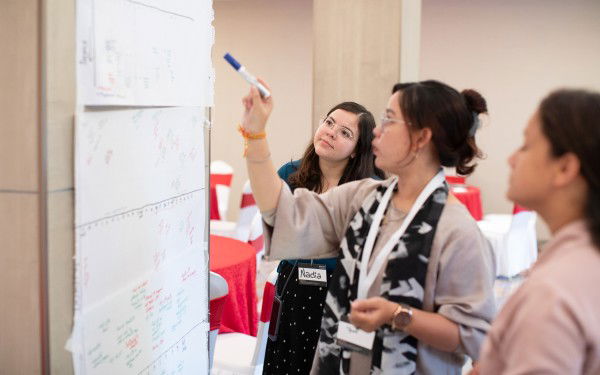Key figures from our annual report 2024
18. March 2025
In 2024, Norec supported 70 partnerships with 188 partners from 28 countries, exchanging 415 young individuals, contributing 500,000 work hours
Project participants
The participants were on average on exchange for 8 months and the work hours they contributed to their respective projects totals to 500 000. The majority of project participants went on exchange between two countries in the global south, totalling to 242 individuals. The average participant in 2024 was 27 years old, and women constituted 2/3 of the project participants.
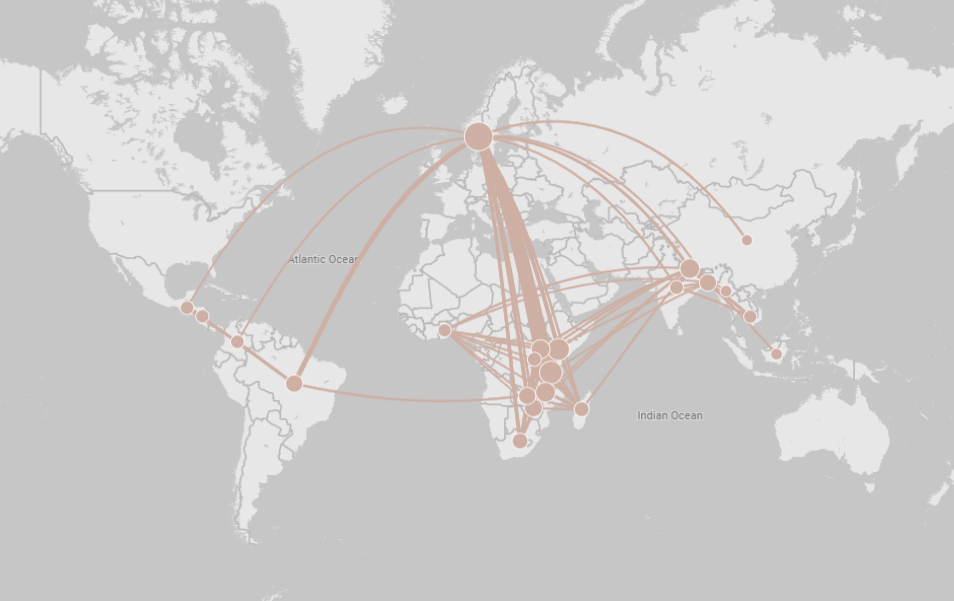
Partners
Civil society sector boasts the largest number of partners, totalling 132 in 2024. In contrast, private sector has 19 partners, while the public sector comprises 37 partners. This is in line with the distribution of Norec’s partners in previous years.
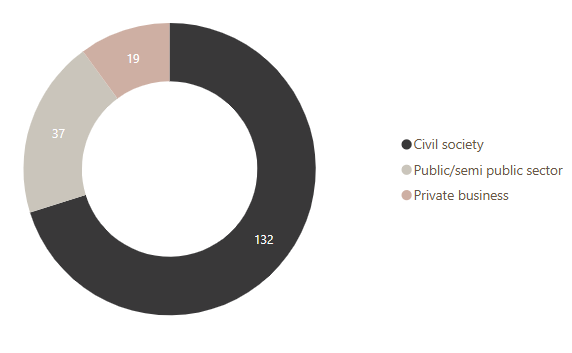
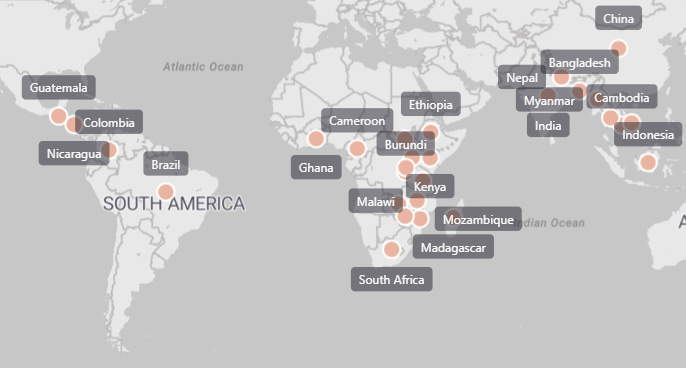
Projects
Among Norec’s 2024-projects SDG number three, Good Health and Well-Being, stands out with the highest number of projects, totalling 20. Goal number 4 Quality Education follows with 10 projects. These two goals account for almost half of Norec’s projects in 2024.
Goal number 16 Peace, Justice, and Strong Institutions has a considerable number of initiatives, with 8 projects. Both Goal number 2 Zero Hunger and goal number 5 Gender Equality have a moderate number of projects, 7 each.

In the exchange of staff between the agricultural organisations PELUM Kenya and FACHIG in Zimbabwe, the project has contributed to a new understanding of agricultural practices and techniques shared with farmers in the areas where the project was implemented. The organisations have also learnt from each other. PELUM received new ideas related to marketing and training in the principles of trade, marketing, economic understanding, and personal administration. FACHIG gained new knowledge about sustainable agricultural practices regarding soil and irrigation systems, integrated pest management, water-saving measures, bio-intensive agriculture, seed extraction, and storage, among others. Several of the farmers from the member organisations at PELUM have established agricultural co-operatives to engage in strategic and collective negotiations. Other examples of increased harvesting yields for the farmers include soap production, locally produced cosmetics based on cactus flowers, bokashi composting, and water conservation.


